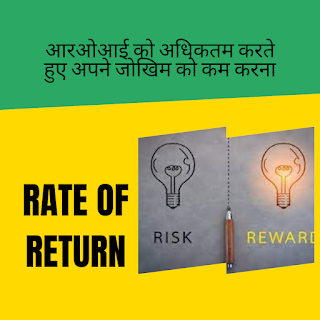Understanding Indian Government Bonds
Indian Government Bonds, also known as G-Secs, are debt securities issued by the Indian government to raise funds for various development projects and initiatives. These bonds are considered safe investments as they are backed by the Indian government and offer low risk and steady returns. In this article, we will delve deeper into the world of Indian Government Bonds and understand their various types and benefits. Introduction to Indian Government Bonds Indian government bonds , also known as Government Securities or G-Secs. Issued by the Indian government to raise funds Considered safe investments due to government backing Offer low-risk and steady returns Popular investment option for conservative investors and institutions Types of Indian Government Bonds Treasury Bills: Short-term securities with maturity periods of 3 months, six months, and one year Floating Rate Bonds: Bonds with interest rates that fluctuate with market conditions Zero Coupon Bonds: Bond...


